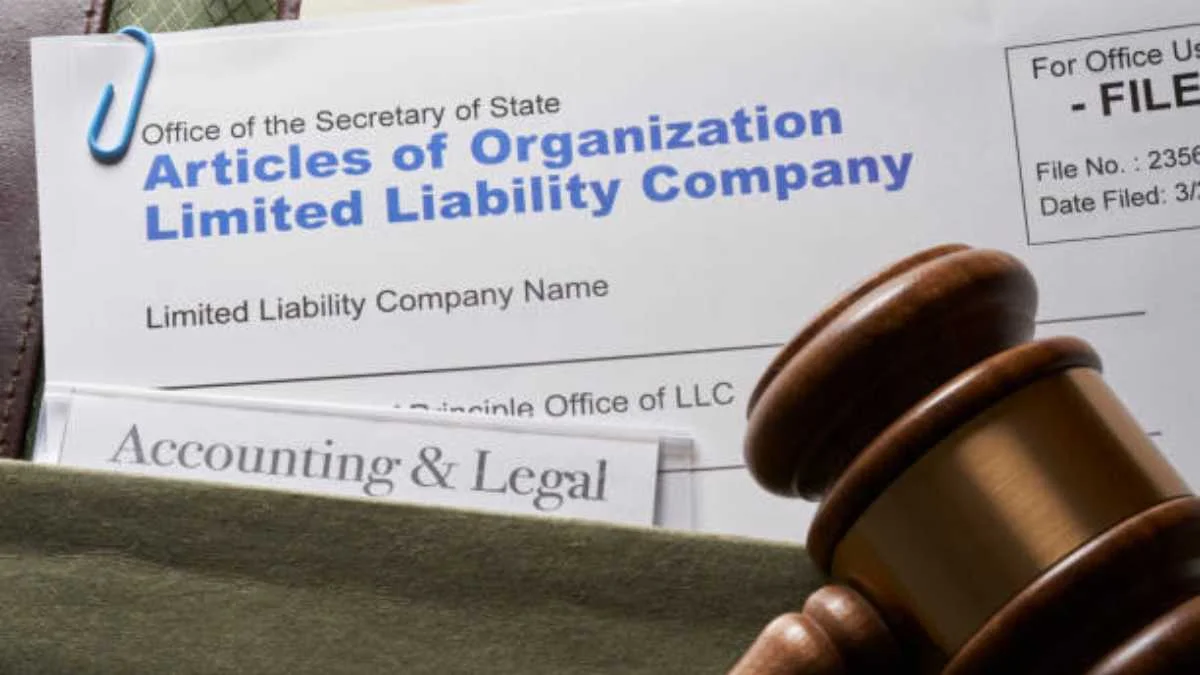Law
Why Bylaws and Operating Agreements Are Critical to Your Business

Role of Bylaws and Operating Agreements
Strong internal governance is vital to any successful company. Bylaws for corporations and operating agreements for LLCs serve as a foundation for a business’s legal and operational structure. These documents outline who controls the company, how decisions are made, and what steps to take when challenges arise. Many new business owners underestimate their importance, but overlooking governance documents can create significant issues down the road. By drafting comprehensive internal rules, businesses avoid ambiguity and ensure that everyone is on the same page from the very start. Collaboration with seasoned professionals like Colorado attorneys for businesses is often the best way to hash out comprehensive guidelines and protect all stakeholders.
The presence of formal bylaws or operating agreements fulfills many state legal requirements and reassures potential investors, partners, and banks that your venture is structured and legitimate. These documents signal that your business is proactive about governance, planning, and dispute prevention. According to the U.S. Small Business Administration, having these essential documents in place is one of the smartest steps a business can take to support growth, manage expectations, and minimize operational risk. Without governance documents, organizations often have to default to state-imposed rules, which may not serve the business’s or its stakeholders’ specific interests or needs.
Table of Contents
Key Elements That Safeguard Your Business
Robust bylaws and operating agreements share several core elements safeguarding a business’s future. Essential elements include defining rights and duties of owners or shareholders, setting boundaries for management authority, outlining protocols for calling and conducting meetings, specifying voting thresholds, and creating detailed procedures for adding or removing partners or directors. Financial guidelines are indispensable, addressing how profits and losses are distributed, how capital contributions are handled, and who is responsible for day-to-day expenditures or liabilities. Including clauses for dispute resolution, such as mediation or arbitration, can further shield the business from drawn-out legal battles.
Succession planning is another important aspect—what will happen to the business if a founder retires, passes away, or wants to transfer shares to someone else? Well-prepared documents account for all these eventualities, preventing operational paralysis. Business insurance requirements and indemnification clauses may also be addressed, building another layer of security.
Impact on Daily Operations and Decision-Making
Bylaws and operating agreements aren’t just legal technicalities—they directly influence everyday business life and major strategic moves. Clear governance documents minimize friction and indecision by clarifying who has the authority to sign contracts, approve expenditures, or hire employees, and exactly how those authorizations must be obtained. For example, if your company faces a tight deadline on a big contract, a well-drafted document directly answers who can approve the deal, eliminating confusion and keeping business moving forward.
These internal rules also protect minority owners or passive investors, ensuring their rights are respected and their voices heard. In businesses with multiple owners, bylaws and operating agreements create structured voting frameworks and prevent any party from overstepping their agreed-upon authority. Regular, recorded meetings and clear processes for extraordinary actions such as mergers, large loans, or asset sales make transparency the default, which can be particularly useful if the business is subject to regulatory or legal scrutiny.
Transparent operating procedures build accountability at every level, boosting morale and helping attract top talent. New team members are quickly brought up to speed on rules, lines of reporting, and company culture, ensuring everyone is rowing in the same direction. Reliable protocols reduce the burden on leadership and support steady, sustainable company growth.
Mitigating Risks and Preventing Disputes
Many of the costliest, most time-consuming business disputes stem from ambiguity over rights, responsibilities, or ownership shares. Proactively documenting expectations, procedures, and exit strategies keeps disagreements from escalating. Bylaws and operating agreements specify what to do when members want to leave, sell their interests, or bring in new stakeholders. They create fair, objective processes that all involved parties agree upon upfront, reducing emotional tension and the potential for litigious fallout.
Legal experts and industry organizations stress that well-crafted agreements are the key to avoiding expensive and unpredictable litigation. By including clearly defined procedures for deadlocks, buyouts, and financial decisions, businesses establish internal pathways for resolution. Detailed provisions regarding voting rights, payment of profits, and member expulsion provide an extra shield if disagreements arise, helping keep matters private and controlled.
Customization and Adaptability for Growth
Templates found online are a starting point, but effective bylaws and operating agreements are tailored to your business’s unique needs. Every industry—and every company within an industry—faces distinct risks, leadership dynamics, and strategic goals. As your business grows or pivots, your operating documents should be reviewed and amended to reflect new realities. Maybe you bring on new owners, take investment capital, or expand into new markets. These milestones often come with legal complexities that are best addressed proactively.
As state and federal regulations evolve, periodic review is required to ensure compliance and continued effectiveness. Agreements that were perfect when drafted may become outdated over time. Built-in flexibility allows your organization to remain nimble, addressing unforeseen circumstances without starting from scratch each time.
Common Mistakes and How to Avoid Them
One of the most common governance errors is failing to customize or regularly update foundational documents. Businesses sometimes recycle generic agreements or neglect to consult advisers, resulting in overlooked risks, legal exposure, or outdated terms. Failing to sign agreements or not following the amendment procedures in the documents themselves can create confusion and weaken enforcement.
Avoiding these pitfalls starts with involving legal professionals who understand your industry and business model. Schedule regular reviews—at least annually—or immediately after significant business changes to keep documents relevant. Explicitly outline the procedures for making amendments, and document all changes by including signed addenda, so that all stakeholders are aligned.
Helpful Resources for Further Learning
Staying well informed about governance best practices is easier than ever. The U.S. Small Business Administration’s online resources provide techniques and examples for different types of organizations, ranging from partnerships to multi-member LLCs and C-corporations. The Nolo network of legal guides is also highly regarded for those seeking practical templates and clear language. Regularly participating in business association seminars, continuing education webinars, and seeking tailored counsel can help you avoid missteps as you grow.
Ultimately, bylaws and operating agreements are not just formalities—they are living documents that serve as your business’s compass and shield when kept current and relevant. By investing the time to create, tailor, and regularly update these critical documents, business owners protect their investments, empower decision-making, facilitate growth, and reduce the risk of costly short- and long-term disputes.
-

 GENERAL8 months ago
GENERAL8 months agoChristofle – For Those Who Dream of Family Heirloom Silver
-

 SPORTS10 months ago
SPORTS10 months agoDiscover the World of Football with Streameast: Watch Your Favorite Leagues and Tournaments
-

 GENERAL2 months ago
GENERAL2 months agoUncovering the World of кинокрадко: The Dark Side of Film Piracy
-

 GENERAL5 months ago
GENERAL5 months agoATFBooru: Anime, Gaming, and Subculture Imageboard




























